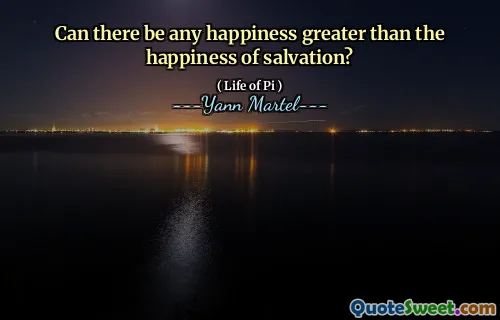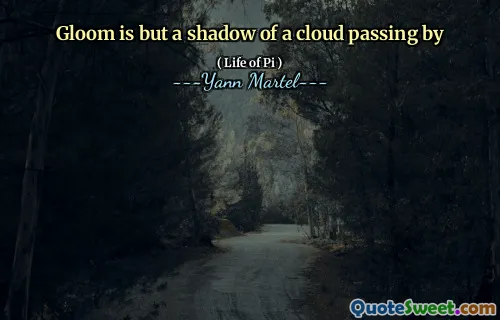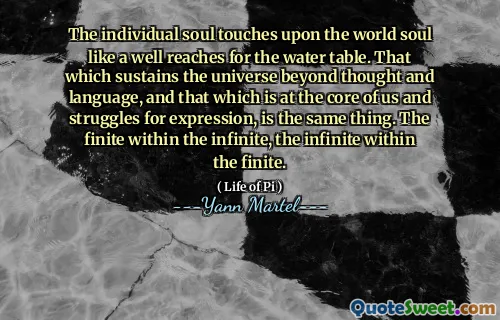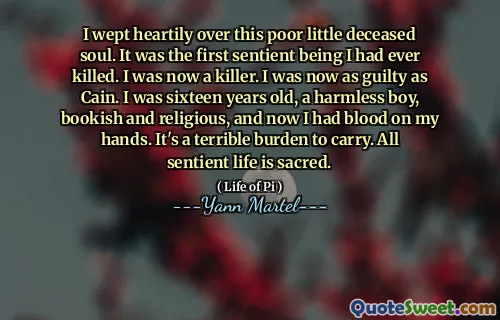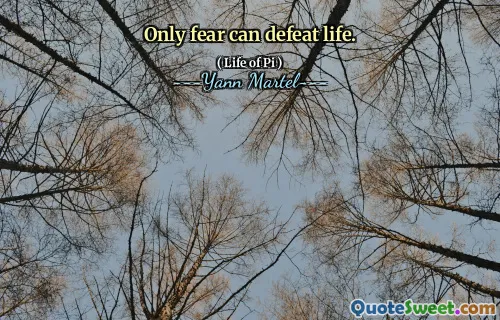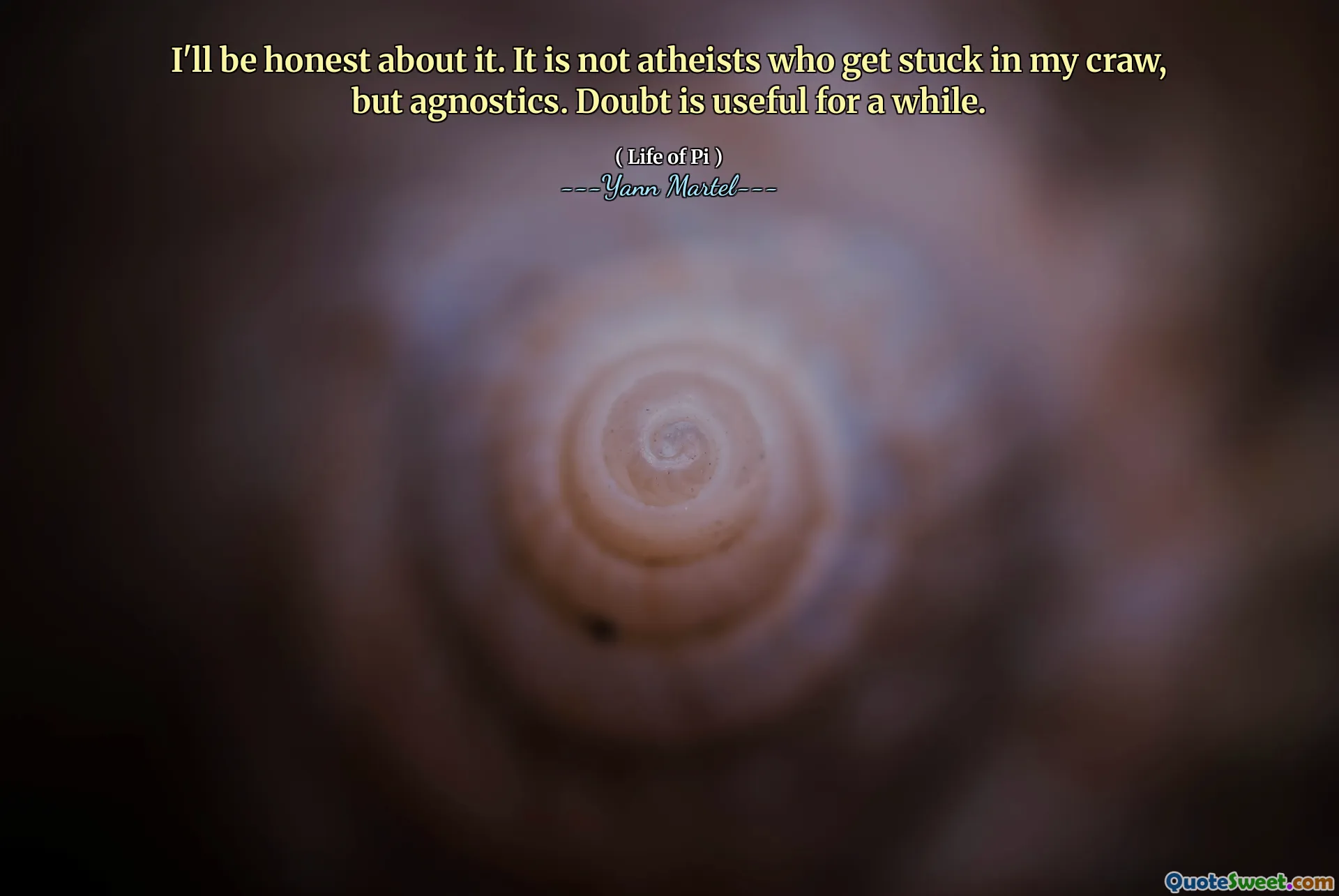
I'll be honest about it. It is not atheists who get stuck in my craw, but agnostics. Doubt is useful for a while.
This quote highlights the nuanced difference between atheism and agnosticism, emphasizing the value of doubt in the journey of understanding and belief. Doubt is often perceived negatively, as a sign of weakness or indecision, but here, it is portrayed as a crucial, even beneficial, phase. The speaker acknowledges that harboring doubts can lead to deeper inquiry, promotes critical thinking, and can be a stepping stone toward eventual conviction or peaceful acceptance of uncertainty. The distinction between atheists and agnostics is subtle yet significant: atheists affirm belief in a deity, while agnostics maintain that the existence of a deity is unknown or unknowable. The statement suggests that the problem isn’t with questioning or uncertainty itself but with the stagnation or rigid stance that may sometimes accompany initial skepticism. It resonates with the idea that questioning is a vital part of human growth and the quest for truth, rather than a barrier. Embracing doubt allows individuals to explore different perspectives, challenge assumptions, and refine their beliefs over time. In a broader context, this reflects on the importance of intellectual humility—recognizing what we do and do not know—and remaining open to evolving ideas. Such an approach can foster a more tolerant and inquisitive society, where dialogue and understanding take precedence over dogmatic certainty. This sentiment encourages us to view doubt not as a flaw, but as an essential element of true inquiry, leading us closer to genuine insight.
